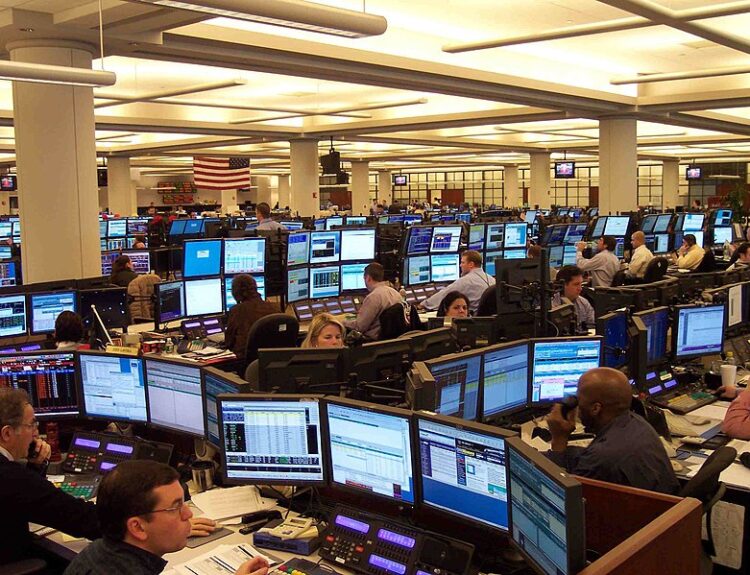The dissolution of the U.N. Panel of Experts highlights divisions among global powers
- Russia’s veto of the extension of the U.N. Panel of Experts leaves a gap in sanctions enforcement
- The dissolution of the panel highlights the divisions among global powers
- China and Russia are now pushing to ease sanctions on North Korea
- Enforcing sanctions on North Korea has been increasingly difficult due to divisions among global powers
- The end of the Panel of Experts will make it easier for North Korea to flout sanctions
- Alternative ways to monitor North Korea’s sanctions defiance are being discussed
- Creating a monitoring coalition of like-minded countries is one option
- The U.S. ambassador to the U.N. has vowed to find a solution to enforce sanctions
- China and Russia’s lack of compliance with sanctions poses a major challenge
- The effectiveness of sanctions is undermined if they are not fully implemented
Russia’s veto of the extension of the U.N. Panel of Experts has left a significant gap in sanctions enforcement on North Korea. The dissolution of the panel highlights the deepening divisions among global powers, with China and Russia now pushing to ease sanctions on North Korea. Enforcing sanctions on the Kim regime has become increasingly difficult due to these divisions. The end of the Panel of Experts will make it easier for North Korea to flout sanctions and carry out operations in unsuspecting countries. Alternative ways to monitor North Korea’s sanctions defiance are being discussed, including upholding the panel’s work through the U.N. General Assembly or creating a monitoring coalition of like-minded countries. The U.S. ambassador to the U.N. has vowed to find a solution to enforce sanctions, but the lack of compliance from China and Russia poses a major challenge. The effectiveness of sanctions is undermined if they are not fully implemented.
Factuality Level: 3
Factuality Justification: The article provides a detailed account of the challenges faced by the U.N. Panel of Experts in enforcing sanctions on North Korea due to divisions among global powers, particularly Russia and China. It includes specific examples and quotes from individuals involved in the process. However, the article lacks depth in analyzing the broader context of the situation and does not provide a balanced view of the perspectives of all parties involved. There is also a lack of concrete evidence or data to support some of the claims made in the article.
Noise Level: 3
Noise Justification: The article provides a detailed and informative analysis of the challenges in enforcing sanctions on North Korea due to divisions among global powers, particularly Russia and China. It includes insights from former panel members and diplomats, as well as examples of specific incidents that highlight the difficulties in monitoring North Korea’s activities. The article stays on topic and supports its claims with evidence and examples. However, there are some repetitive details and the inclusion of certain anecdotes that may not add significant value to the overall analysis.
Financial Relevance: Yes
Financial Markets Impacted: The article does not provide specific information about financial markets or companies impacted.
Presence Of Extreme Event: No
Nature Of Extreme Event: No
Impact Rating Of The Extreme Event: No
Rating Justification: The article discusses the dissolution of the U.N. Panel of Experts, which has been responsible for monitoring and enforcing sanctions on North Korea. While this event does not qualify as an extreme event, it has implications for international relations and the effectiveness of sanctions on North Korea.
Key People: Aaron Arnold (U.S. representative who served on the panel from 2019 to 2021), Vassily Nebenzia (Russia’s U.N. ambassador), Geng Shuang (China’s U.N. ambassador), Maiko Takeuchi (Former U.N. panel member from Japan who served from 2016 to 2021), Linda Thomas-Greenfield (U.S. ambassador to the U.N.), Eric Penton-Voak (U.K. expert who served as the coordinator for the U.N. panel from 2021 to 2023)
 www.wsj.com
www.wsj.com 





